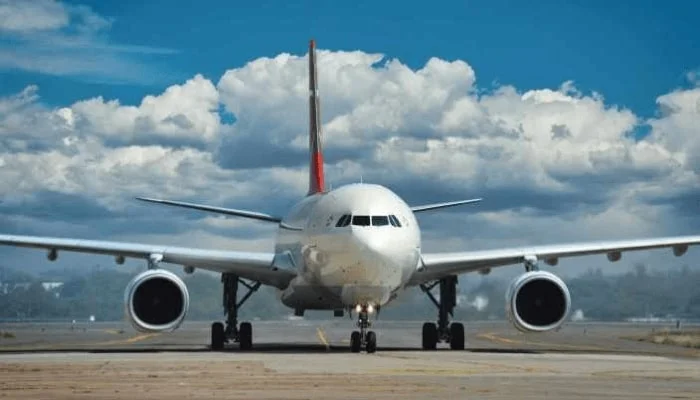Nigeria’s domestic airlines contribute $449.7 million annually to the economy and create 29,900 jobs, according to a recent industry report.
The broader aviation sector, including airports and manufacturing, adds $2.5 billion to GDP, or 0.7% of national output.
Job Creation
The aviation industry employs 39,500 directly, with the entire value chain airlines, airports, navigation services, and tourism supporting over 217,000 jobs.
Airports and related services add $252.4 million and 9,600 jobs.
Tourism Boost
International tourists spend $760.2 million yearly, while aviation-supported tourism generates $454.1 million and sustains 66,600 jobs, highlighting the sector’s role in economic vitality.
Industry Insights
Kamil Alawadhi, an aviation leader, praised the sector’s impact. “Air travel drives Nigeria’s economic and social progress,” he said, noting its importance during national celebrations.
Affordability Challenges
Airfares dropped 43% from 2011 to 2023, but affordability remains an issue. The average Nigerian works 37.6 days to buy a plane ticket.
In 2023, Nigerians took 40 flights per 1,000 people and moved 195,700 tonnes of cargo.
Connectivity Decline
International connectivity has weakened, with a 1.5% drop in African connections and 21% globally since 2014.
Only 1% of international passengers connect onward. Of 2.1 million international departures, 38% went to Europe, 23% to Africa, and 18% to North America.
Why It Matters
Aviation fuels Nigeria’s economy, supporting trade, tourism, and jobs, but declining global links pose challenges for growth.
What’s Next
In October 2025, stakeholders aim to boost connectivity and affordability to strengthen Nigeria’s aviation sector.




















